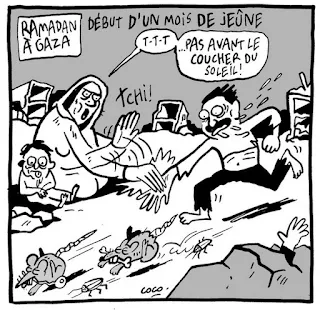
Media Matters: Clash of views about Gaza, Palestine, human rights abuses, and Iranian retaliation on attack on its diplomatic mission in Syria
Morgan repeating the fabricated story of 40 babies beheaded by Hamas, to justify to mass killings in Gaza, and Mirandi referencing the investigative journalists and NGO reports that challenged the narrative of beheadings, and finding that Israeli forces have committed sexual violence and torture against Palestinians, turned Morgan flustered and rude.
The interview is available on a number of Internet sites, and embedded from a couple of sites below.






































